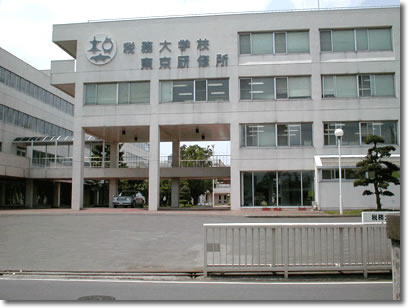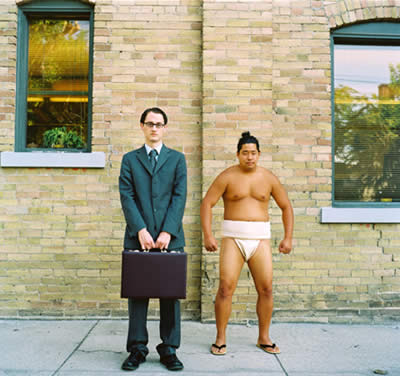Because my son goes to a special immersion school in which the curriculum follows the guidelines set down by the Ministry of Education but with 60-70% of the classes taught in English, there are some differences between the education he’s receiving and a standard Japanese one. The other day we went down to the school to attend Parents Participation Day, and one of the events they had prepared for us was a debate in which the students would discuss issues like, should drink vending machines be put in the school, or should chemical fertilizer be used for growing crops. I thought the debates went well, with the students researching many interesting points on both sides, but my wife had a negative reaction to them, saying, “If they want to learn to debate, they should wait until university.” It seems that critical thinking isn’t something that’s associated with compulsory education in Japan, and the idea of students taking stands on various issues was a strange one to my wife, although it didn’t seem that odd to me. I wonder if a decade or so into the future debates like the one the students demonstrated for us might not be more common. One of the themes of Japan as a nation is that it cares a great deal about the image it projects to Westerners. When the collective body of gaijin living here points out things like, there is very little free-style essay writing in Japanese schools, the government reacts by adding essay writing, as they did some years ago; and when we foreigners voice opinions along the lines that Japanese students spend too much time studying, they introduce programs like yutori kyoiku, the national policy of “easy-does-it education” in which school hours were cut back to allow students more free time (a policy that’s since been reversed due to Japan’s poor standing in national tests against the other nations of Asia).

Japan often changes its educational practices in reaction to the opinions held by foreigners.















